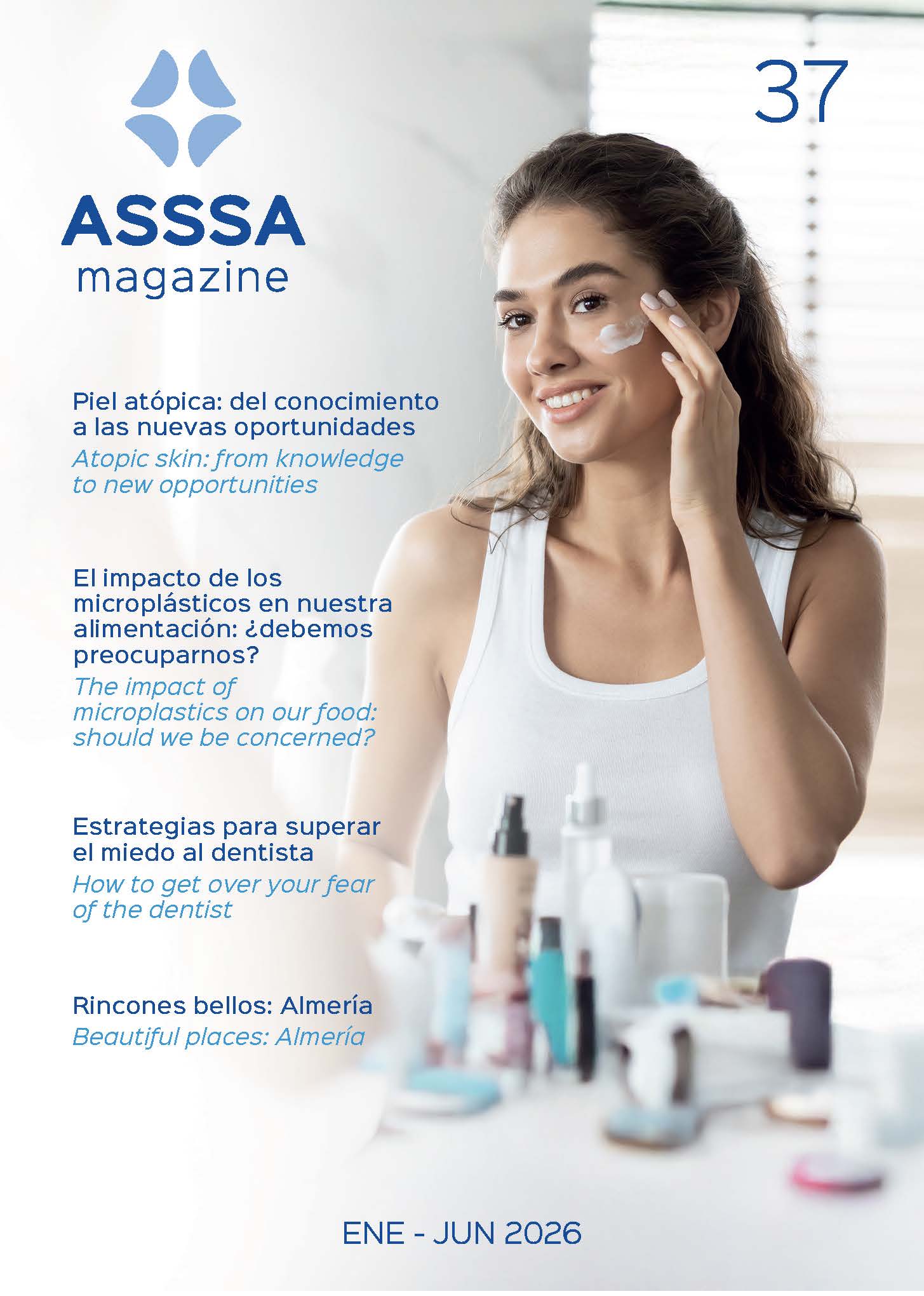
Diet is an important aspect of the treatment of diabetes and patients must follow their doctor’s recommendations and comply with the restrictions they are given.
People suffering from diabetes benefit from a high-fibre diet containing a lot of vegetables. Fibre has no nutritional value and is not digested by the body, although the water it absorbs increases the volume of faeces and causes it to move more quickly and easily through the digestive tract.
Fats (or lipids) comprise glycerin and fatty acids. They store energy, help to support cell membranes and insulate the vital organs. They all contain saturated or unsaturated fatty acids. It is important to restrict the amount of saturated fatty acids you consume because too much can be harmful. However, fatty acids encourage normal growth and help to reduce cholesterol. Vegetable oils are good sources of unsaturated fats.
Daily consumption of fats should account for 30% of what we eat, only one third of which should be saturated fat.
Carbohydrates, also called glucides, provide the body with energy. These are found in sugar (fruit, ordinary sugar, lactose…) and in starch (bread, flour, potatoes, rice, pasta…). Carbohydrates are essential to life, but diabetics should restrict how much carbohydrate they eat, because too much can cause high blood sugar levels.
Proteins are the structural base of the body and are necessary in all diets. Our bodies use these substances to maintain numerous vital functions and many organs such as the muscles, heart and brain. Meat, eggs and dairy products are important sources of proteins because they contain nine essential amino acids. However, these same sources of valuable nutrients can be rich in saturated fats. Consuming moderate amounts of these foods reduces fat intake while providing all the essential amino acids.
No more than 15% of total daily calories should come from proteins.
The information published in this media neither substitutes nor complements in any way the direct supervision of a doctor, his diagnosis or the treatment that he may prescribe. It should also not be used for self-diagnosis.
The exclusive responsibility for the use of this service lies with the reader.
ASSSA advises you to always consult your doctor about any issue concerning your health.












